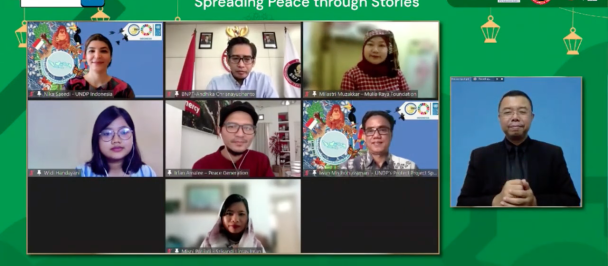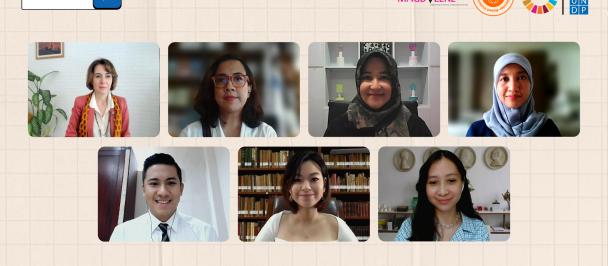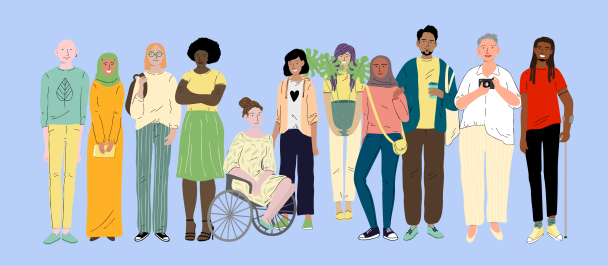Finding a calling through health mission in Indonesia’s Labuan Bajo
November 10, 2022
A clinic in Labuan Bajo prepares COVID-19 boosters for the community. The SMILE application helps health workers monitor vaccine logistics and supply chains nationwide in real time.
Labuan Bajo – Maria Imelda Kurniawati had always dreamed of being a Catholic nun so she could devote herself to community service in her picturesque Indonesian hometown of Labuan Bajo. But, because her parents wanted her to have her own family, she eventually compromised and found her calling as a clinical nurse.
Kurniawati, who goes by Elda, may have abandoned her dreams, but she has never regretted her new calling. Since the COVID-19 pandemic hit Indonesia in 2020, the mother of three has dedicated even more time and energy to community service.
When the Indonesian government began rolling out COVID-19 vaccines in 2021, health workers like Elda stepped in. She, like thousands of others, were on the frontlines, ensuring that the community was vaccinated against the disease that had taken the lives of many of their own.
Bolstered by the SMILE (System Monitoring Immunization Logistics Electronic) application, which was developed by Indonesia’s Ministry of Health in partnership with UNDP with support from Gavi, the Vaccine Alliance and the Government of Japan through the Japanese Supplementary Budget (JSB), Elda was able to work efficiently beyond Labuan Bajo, fulfilling her personal goal of helping her community.
Developed to provide real-time data, SMILE was introduced in 2018. The system was expanded during the pandemic and used to monitor COVID-19 vaccine logistics and supply chains across the country.
“I’m just an ordinary health worker,” said the 35-year-old, adding. “My family did not approve of my dream to be a nun, but I found a different path which led me to work in the health sector.”
“I could not imagine back then before we had the online monitoring system as we do now. Although it is challenging for first-time users like me, fortunately, I have support to operate it and report any miscalculations due to human error,” Elda continued. “I was quite afraid to try it the first time, because it is all digitalized.”
But Elda, who is also an experienced paramedic, persevered.
There are some benefits to the new system. Elda explained, “All my concerns regarding the temperature monitoring have been alleviated. I can check temperatures online through the application. Furthermore, the application simultaneously updates our vaccine stocks. The system provides better management for ordering the vaccines on time. It is a real help for the communities’ vaccine demands.”
There are currently 22 community health facilities in West Manggarai district which use digital monitoring storage via the SMILE application. The district recently announced that it achieved a milestone where nearly 100 percent of the community received a second dose of COVID-19 vaccine. Nationwide, there are at least 12,000 health facilities in 514 districts in 34 provinces using the SMILE application.
Between 2021 and 2022, the SMILE application recorded delivery of 428 million doses of COVID-19 vaccine.
In Labuan Bajo, the technology is also used to store other vaccines “In the end, it is not us, the health workers, who are the frontliners during these difficult times. It is our society. However, this is our job to make sure they understand their right to access to health, including to get vaccinated. We need to inform and use all means to educate our society,” she concluded.
Text and Photo by Enggi Dewanti
Edited by Tomi Soetjipto and Ranjit Jose

 Locations
Locations


